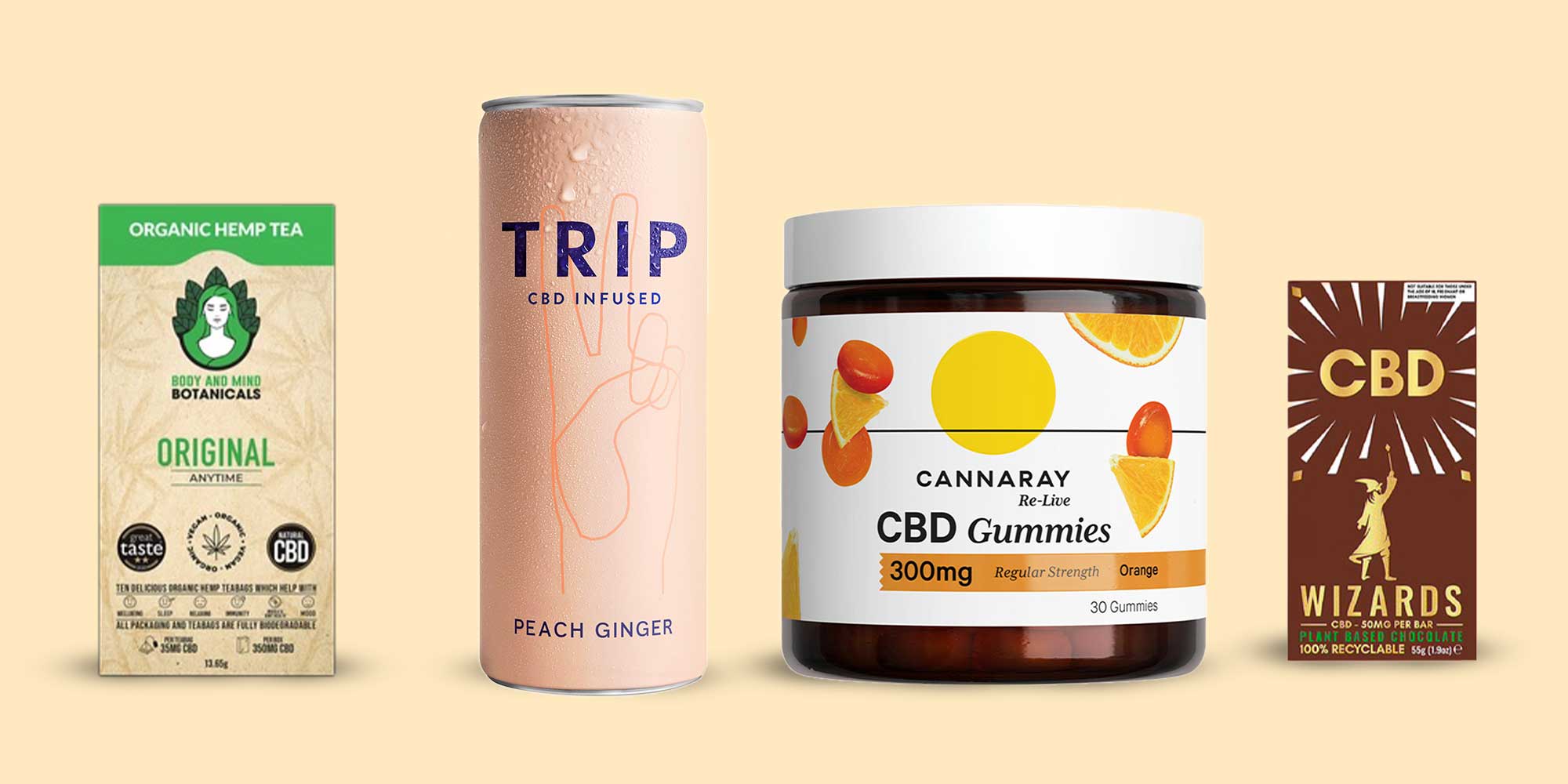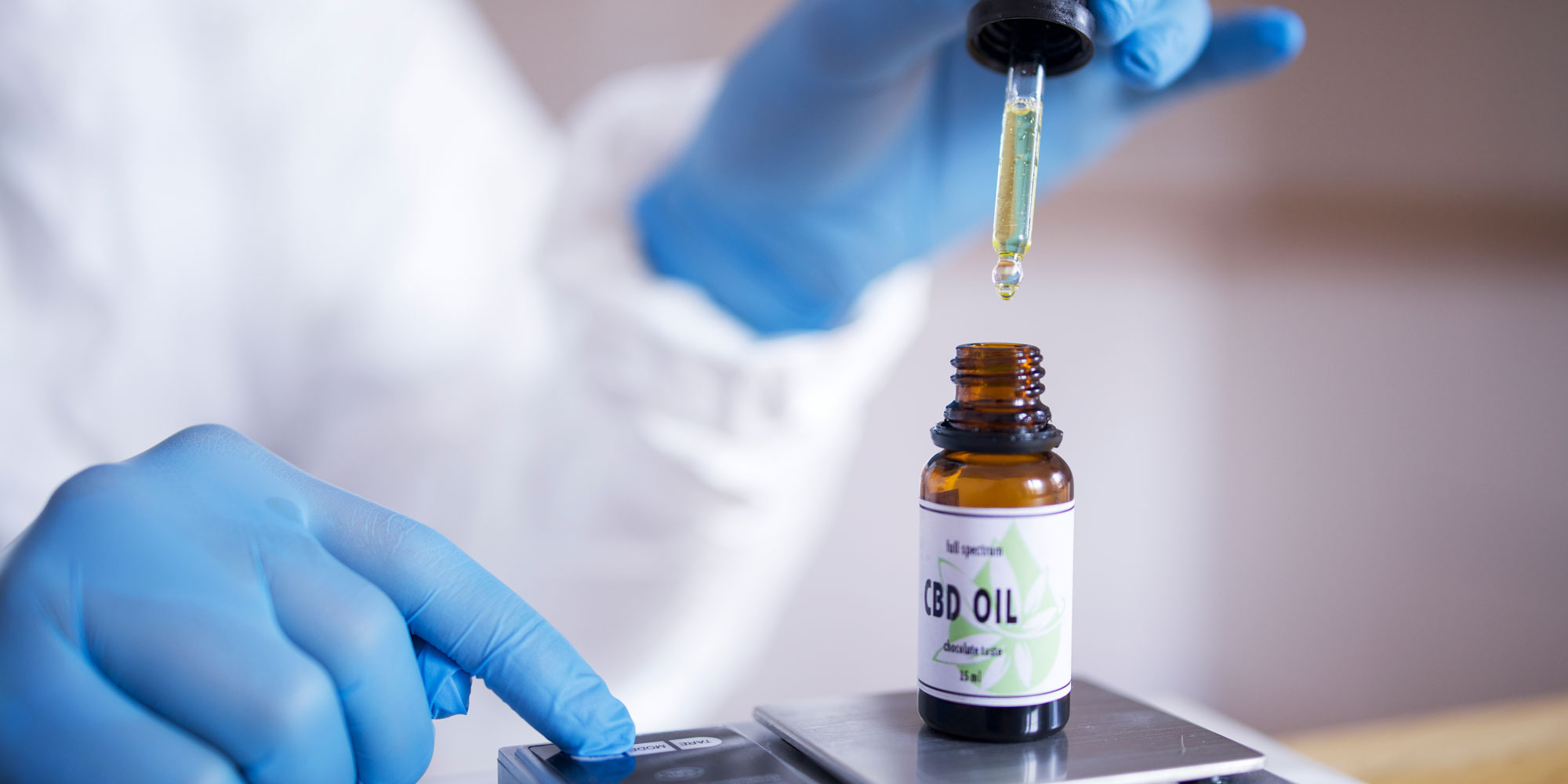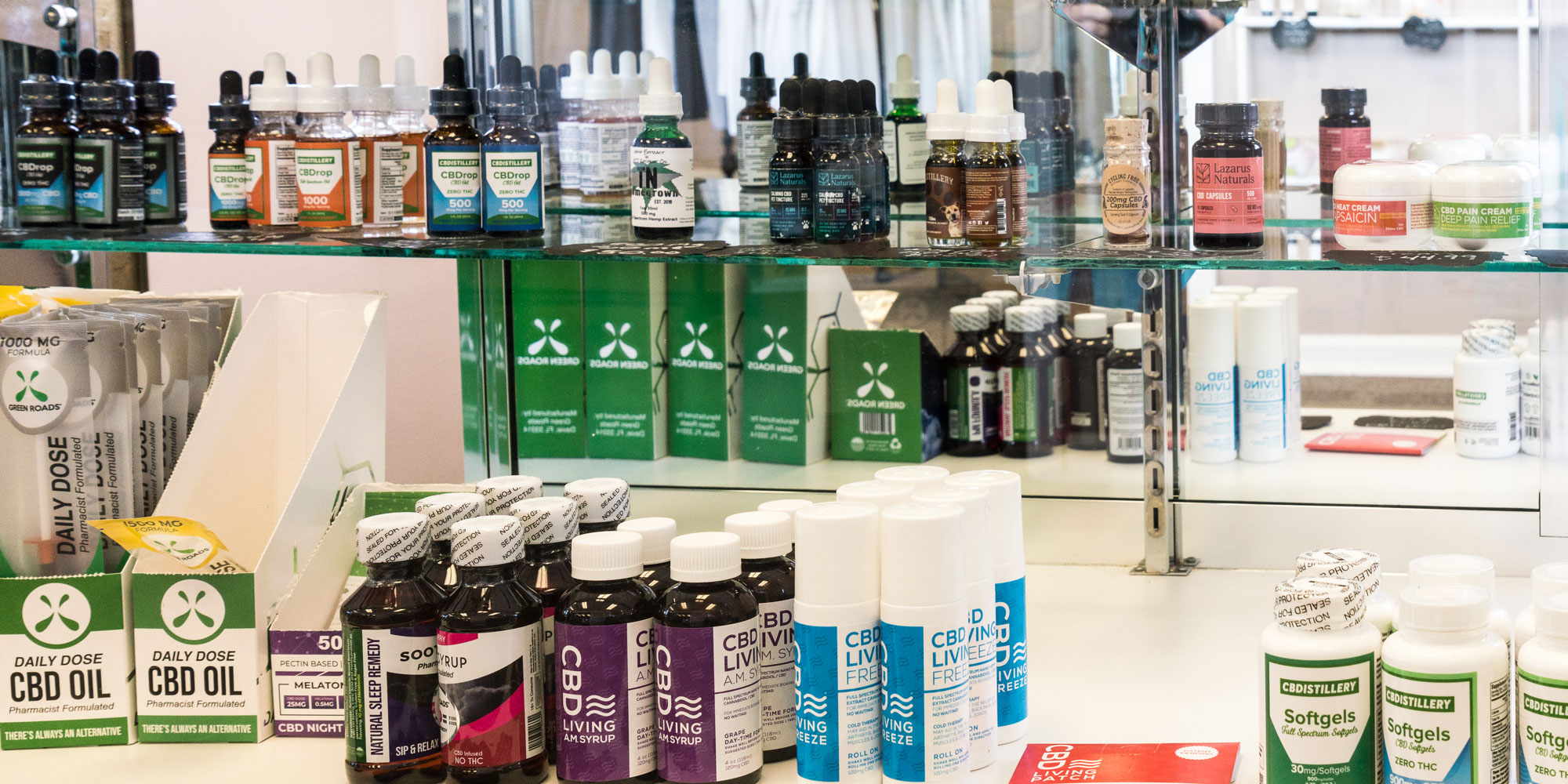
Healthy living
Use our expert advice and recommendations to live your best life every day.
Get started
CBD-infused foods and drinks are no longer just a health food store curiosity, you'll find them in the big supermarkets, too.
You can start your day with CBD coffee, nibble on a bar of CBD chocolate at teatime, have a CBD fizzy drink instead of a boozy one or wind down before bed with CBD-infused peppermint tea.
Meanwhile, on social media, CBD is touted as an aid for everything from sleep problems to anxiety.
However, does the evidence truly support any of these claims, and are there any associated risks? We've dug into the science and asked the experts to help you buy better.
Eat well, live better, stay healthy – sign up for our free monthly Food & Health newsletter for the latest insights delivered straight to your inbox
CBD stands for cannabidiol, one of the chemical compounds found in the cannabis plant. It's different from THC, the psychoactive ingredient in cannabis that can cause a high.
CBD products in the UK are regulated by the Food Standards Agency (FSA) as 'novel foods'. This can be as foods with CBD added, such as chocolate or drinks – often known as 'functional foods' – or as a food supplement (such as tablets, drops, gummies and sprays).
Whether sold as snacks or supplements, CBD products can't legally make any health claims. This is because there are currently no approved health claims for CBD on the Great Britain nutrition and health claims register.
If you see one on a product, it's either related to another included ingredient that does have an approved health claim or it's breaking the rules.
CBD is licensed for medical use only under very specific circumstances where the evidence supports its use. There are just two licensed CBD medicines in the UK, and these are highly regulated and available only by prescription from specialist doctors.
Many CBD products contain relatively low quantities of CBD. For instance, Trip's popular range of flavoured drinks contains 15mg of CBD per can.
CBD supplements used to advocate higher doses, but in 2023, the FSA changed its recommendation for how much CBD a healthy adult should consume in one day, from 70mg down to 10mg, based on an assessment of the latest science from two independent committees, so most you'll see will recommend this now.

Since CBD was legalised in 2016, a considerable number of clinical trials and studies have investigated its potential health benefits. But that hasn't resulted in strong evidence for its effectiveness. In fact, recent studies have leaned the other way.
A 2024 study from the University of Bath, conducted in association with researchers from the Universities of Oxford and Alberta (Canada), looked at research into using CBD to treat pain, and didn't find any tangible benefit.
Dr Andrew Moore, a leading pain specialist, a former Oxford University senior fellow and the study's co-author, told us: 'The evidence is that cannabinoids in general have no benefits, outside of a type of childhood epilepsy that affects a small proportion of children with epilepsy, where it can help a small proportion of those.
'For pain, for example, there are now well over 60 randomised trials of reasonable quality for pain, and none of them show any benefit at all, except one tiny one. One or two more recent studies have been quite negative. Few clinical trials are being done now.'

Use our expert advice and recommendations to live your best life every day.
Get startedIt's worth knowing that some research has also highlighted the potential risks of using CBD.
There has been relatively little research into the safety of taking a lower daily dose over a long period of time. But Dr Moore points out: 'A 2025 study published in JAMA internal medicine found that about 6% of healthy participants who used CBD twice a day for four weeks had liver enzymes raised beyond three times the upper limit of normal – a precursor of more serious disease.'
When the FSA lowered its maximum daily dosage recommendation from 70mg to 10mg, it stated concerns that ‘taking a daily dose higher than this over a long-term period could contribute to the development of adverse effects over time, most notably in the liver'.
The FSA also recommends that those trying to conceive, pregnant and breastfeeding women, and people taking any prescription medication should avoid CBD due to the potential for adverse interactions.
CBD can interact with medications by inhibiting the CYP3A4 enzyme, which is responsible for breaking down many drugs. This can mean you get much more or less than anticipated.
Six surprising foods and drinks that could affect your medication – find out more about the foods that are worth avoiding when taking certain medicines

Which? first reported on the CBD market in 2019, raising concerns about how consumers couldn't be sure of what was in the products they were buying, and it seems there are still issues here, meaning it can be hard to know what you're getting.
Market research in the UK, commissioned by the FSA and published in 2024, found that of 100 UK CBD products tested, less than half matched the CBD claim on their labels. Some 43 products contained less than claimed. More seriously, 27 of the 100 samples were found to contain controlled substances, such as THC.
Part of the issue, as the FSA says, is: 'CBD is a cross-cutting area and other government departments are responsible for legislation that applies to the use and marketing of CBD and CBD products. The FSA’s legislative responsibility for CBD only extends to food safety.'
The FSA is currently conducting a consultation on proposed authorisations for CBD food products to improve regulation in this space.
It's hard to make a case for it. The evidence of any benefits is limited, and there are some known potential risks. It's not cheap, either.
Dr Moore takes a hard line on this, saying: 'These things are dangerous, and don’t work. As of today, scanning the literature shows more than 16,000 scientific papers with medical cannabis in the title. If any of those were of high quality, large enough and showed a major benefit for any medical condition, I think we would know about it.'
If you have concerns about chronic anxiety or pain problems, it's best to talk to your GP about proven treatments available via the NHS. See NHS guidance on anxiety and chronic pain.
How to supplement safely: more insight into the pitfalls to be aware of